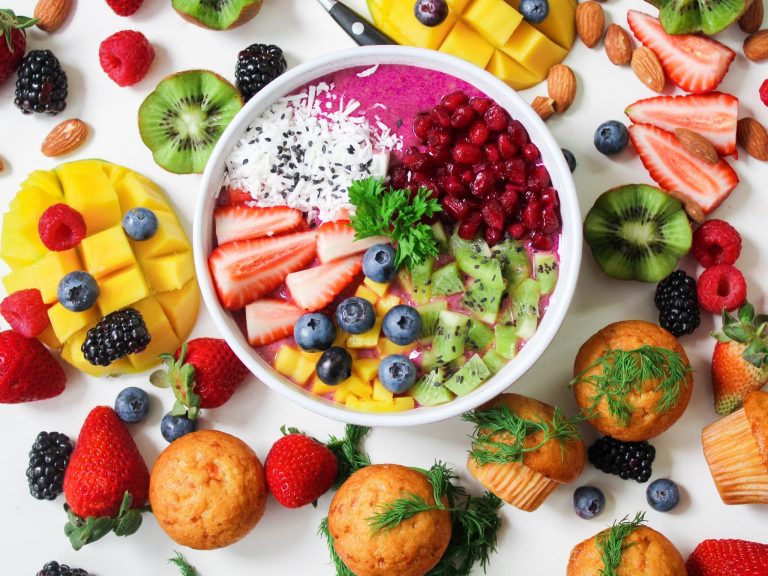Recovering from drug or alcohol addiction is a gradual process that involves making many lifestyle changes. We’ve recently talked about how exercise affects the body and can help a recovering addict manage cravings. There’s another major lifestyle change that a lot of people are making at the beginning of a new year: diet. Is there any way a person’s diet can help make recovery from addiction a bit easier?
Someone who is addicted to drugs or alcohol may be consuming less food, skipping meals, vomiting often, or choosing less healthy foods when they do eat. We know that food is an important factor in allowing the body to heal itself and in maintaining overall health. When we look at it this way, it isn’t surprising at all that a balanced diet full of fresh, natural foods can be beneficial during recovery.
So, what foods and nutrients should a recovering addict be focusing on eating?
Foods That Balance Serotonin
Why they’re important: While in recovery, you may be experiencing feelings of stress while detoxing. Serotonin is a hormone that promotes relaxation, so you’ll want to be able to balance your brain’s serotonin levels as naturally as possible.
Examples include: Legumes like lentils, peas, and beans, and root vegetables like carrots and potatoes.
Foods High in B Vitamins
Why they’re important: Alcohol abuse promotes deficiencies in B vitamins like B12, thiamine, and folic acid. These vitamins are responsible for proper nerve function, high energy levels, cell health, and healthy brain function.
Examples include: Spinach, kale, nuts, seeds, beans, and chickpeas.
Foods High in Sulfur and Antioxidants
Why they’re important: Your liver takes a toll when you’re abusing drugs. An important part of maintaining or improving physical health while in recovery is supporting your liver to function properly. Foods high in sulfur can help your liver detox, while foods high in antioxidants can help your liver to heal. Antioxidants also have a ton of other health-boosting properties.
Examples include: Broccoli, beets, lemon, berries, oranges, apples
Tips for Your Diet in Recovery
In general, aim to eat a balanced diet high in fruits and vegetables and low in sugar and caffeine, as these substances are also addictive and produce highs and lows.
Aim to make your plate colorful at every meal by choosing a variety of fresh, healthy vegetables, as well as complex carbohydrates, protein, and healthy fats. Eat foods that are high in fiber and drink plenty of water every day. Talk to your doctor about your options for multivitamins or supplements.
Overall, a healthy diet is part of a healthy, addiction-free life. The foods you choose to eat can support your recovery in bigger ways than you realize.

